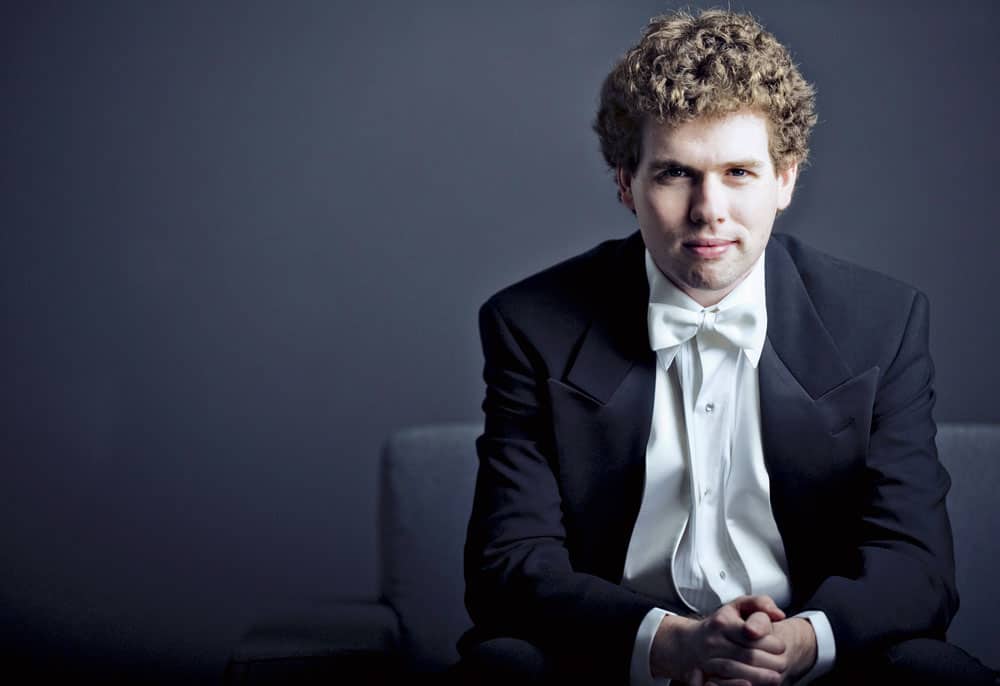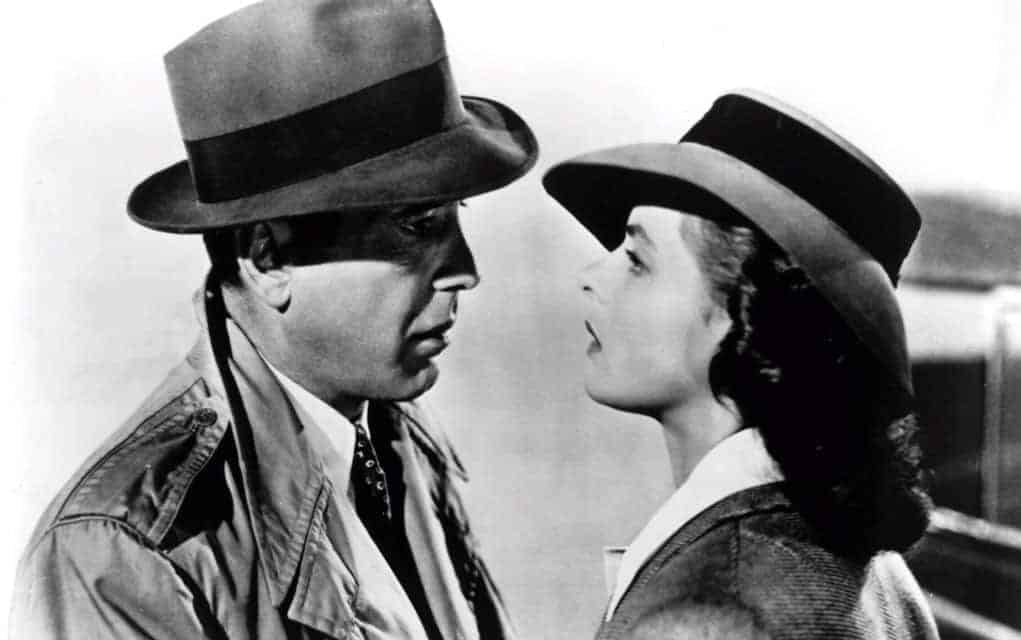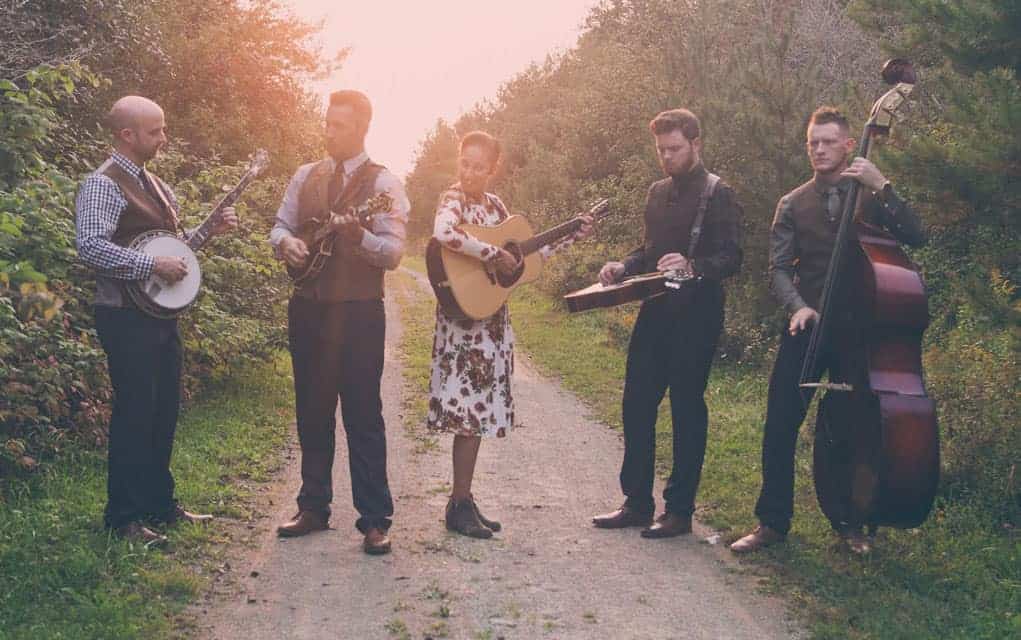A kiss is just a kiss and a sigh is just a sigh … except at Rick’s Café Américain, where they will always welcome lovers. As time goes by, we’re more than happy to return to wartime Morocco. Specifically, to that center of all the action in Casablanca.
Released in 1942, Casablanca has become a celluloid classic. You can bet there will be more than a few fans eager to take in a pairing of the film’s screening with live accompaniment by the Kitchener-Waterloo Symphony, scheduled for Friday and Saturday nights at the Centre In The Square.
Former KWS assistant conductor Evan Mitchell will lead the orchestra through Max Steiner’s Oscar-nominated score while the film is shown on the big screen.
Steiner provided the score for more than 300 films, including the likes of King Kong (1933) and Gone with the Wind (1939), but Casablanca is one of his most famous.
The music is a big part of the film right from the opening credits.
“It’s a cohesive score – it’s very well constructed,” said Mitchell of the film and its music. “Casablanca was put together spectacularly. It’s a very emotional score.”
That’s particularly true of As Time Goes By, which is forever linked to Casablanca and the love story of Rick Blaine (Humphrey Bogart) and Ilsa Lund (Ingrid Bergman).
A 1931 tune that was already known to the public and even has some nostalgic value at that point, As Time Goes By was not to Steiner’s liking, ironically. He wanted to compose a new song in its stead, but was eventually talked into keeping it in the score.

“I’m of the opinion that Steiner came to love this song,” said Mitchell, pointing to his use and gentle treatment of the theme.
Music is central to Casablanca, not only for its mood-setting to the audience, but for much of the story, as live music is playing in Rick’s club through its opening hours. Much of that is pivotal to the story, including various iterations of As Time Goes By that frames the relationship, past and present, of Rick and Ilsa, and La Marseillaise, which underscores the wartime setting and Rick’s changing mood, as he goes from being neutral to supporting the resistance.
Sometimes the music is heard only by the audience and, many times, is heard by the characters themselves as part of the club atmosphere. That the music wends its way through the movie in various ways makes it all the more challenging to accompany the film, Mitchell suggests.
For instance, the orchestra has to react when the music at Rick’s café drops in volume during dialogue scenes.
“The orchestra is following me, and I’m following the film,” he said. “It’s challenging, but I’m working with some very talented musicians.”
As with any live musical accompaniment, the underlying goal is to stay in time with what’s happening on screen.
“You have to recreate all the music … and do it exactly in sync with the film,” he said, noting there’s much less flexibility than playing a piece of music by Mozart, for example. In this case, no wiggle room. “We’re at the mercy of what on screen.
“Still, it’ll be an awful lot of fun.”
Casablanca: The Film with Live Orchestra runs January 19 and 20 at 8 p.m. at the Centre In the Square in Kitchener. Tickets can be purchased online at www.kwsymphony.ca or by calling 519-745-4711 or 1-888-745-4717.









